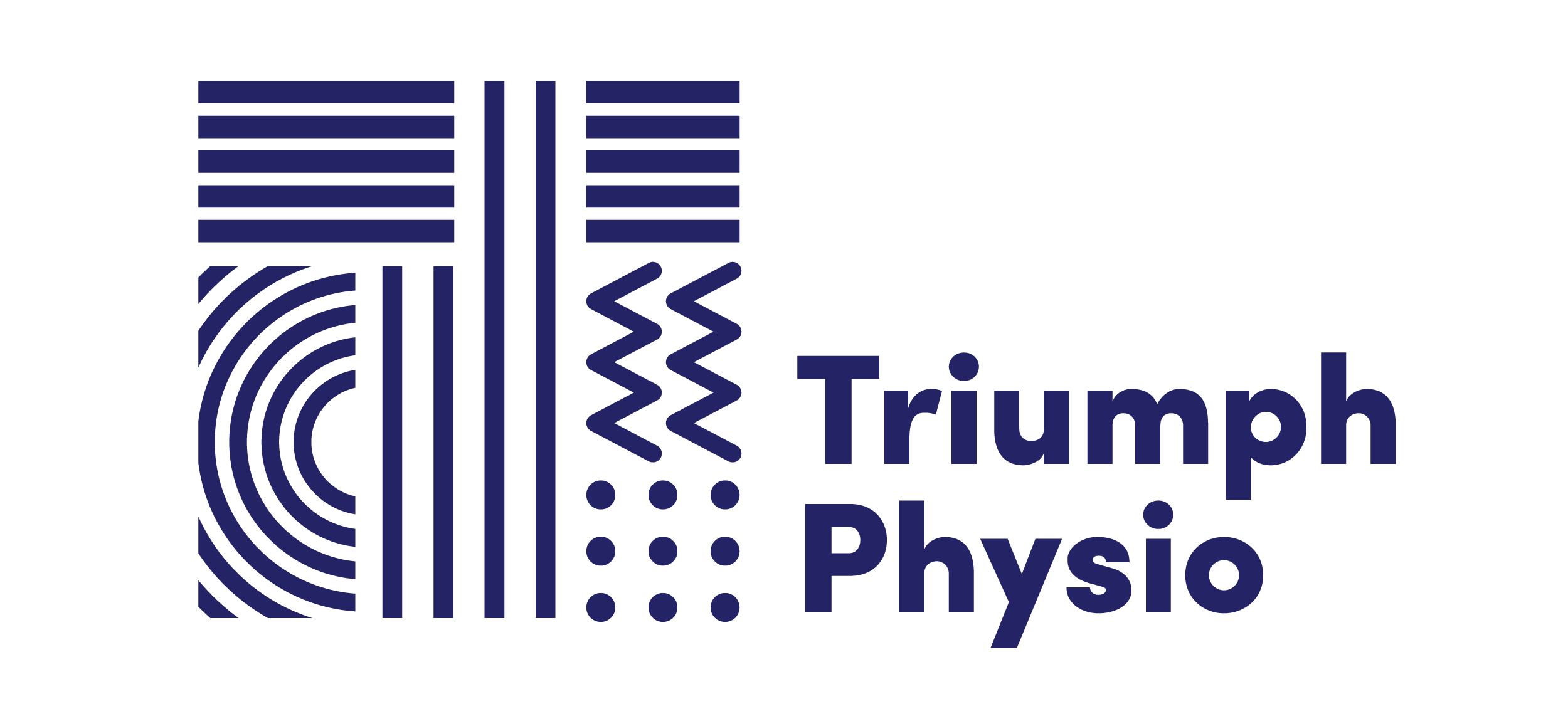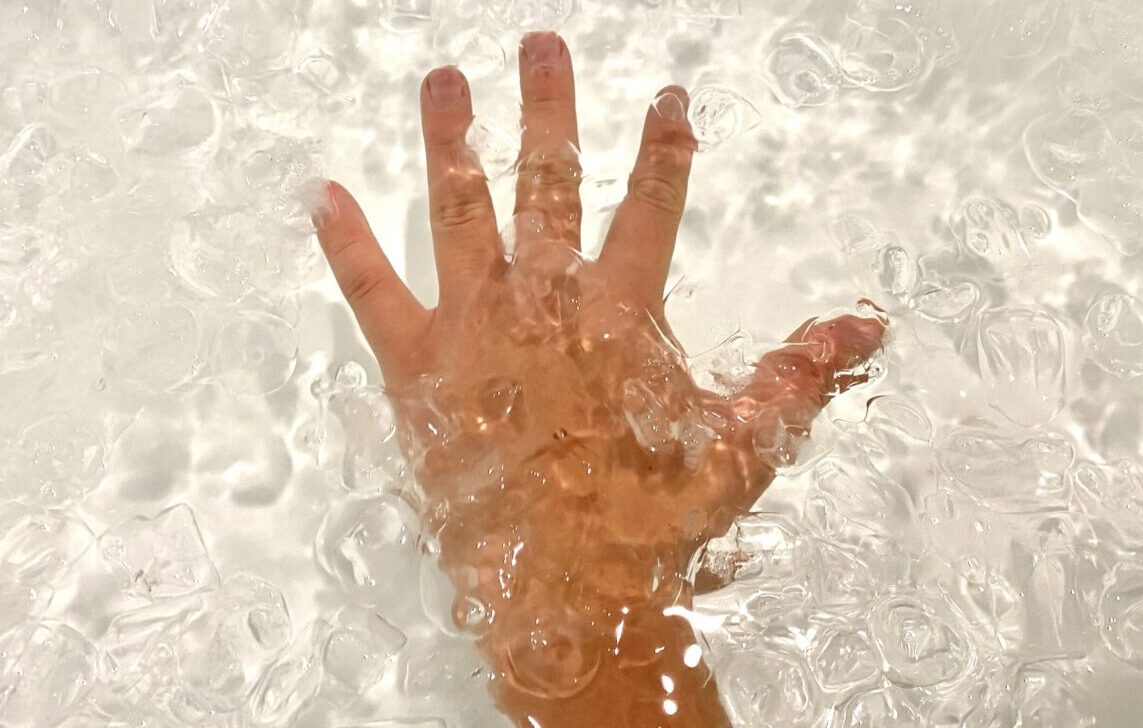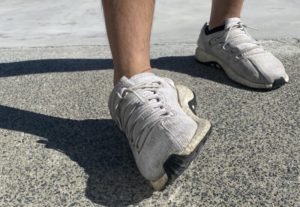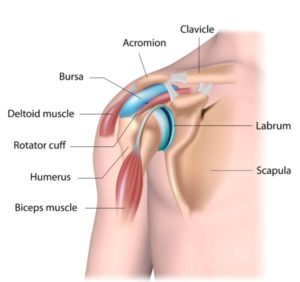Introduction to Ice Baths
Ice baths are basically what they sound like, taking a bath in ice cold water. This means that you’re putting your body into a really cold environment for a period of time usually after exercise/training. Exercise at different intensity levels can result in varying degrees of muscle fatigue and micro trauma. The muscle ache that is commonly felt 1-2 days after training is referred to as delayed onset muscle soreness (DOMS). The characteristics of DOMS are muscle shortening, swelling, decrease in strength and power, and localised soreness. Ice baths are often discussed as a method to reduce delayed onset muscle soreness after sports and exercise.
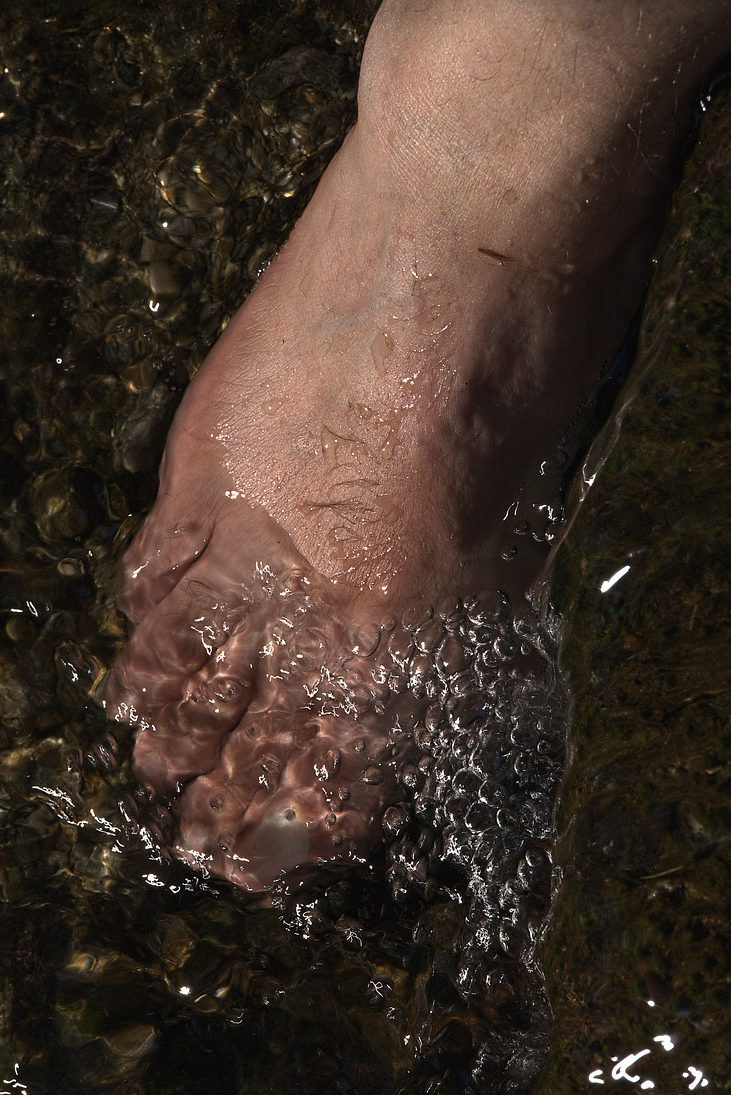
The evidence supporting ice baths remains inconclusive, but many athletes and coaches swear by their ability to reduce soreness and fatigue, improve recovery and overall performance.
How does it potentially work?
– Reduce inflammation: cold temperature slows down the metabolic changes and constrict blood vessel causing a reduction in blood flow.
– Reduces pain by decreasing nerve transmission speed and threshold therefore
– Psychological perception of reduction in fatigue post exercise
Jumping in a cold bath is not for everyone
The first thing to note is that using an ice bath is not for everyone. It can be uncomfortable, and it can even be dangerous if the athlete doesn’t follow proper protocol, so do consult with your health professional before you start. However it can help with soreness, fatigue and recovery.
- Reminder: it doesn’t have to be ICY cold water to start with even cold water around 10-15 degrees celsius will have effects
Professional athletes have been using ice baths for years as a way to speed up recovery time after training and between games.
Do ice baths actually work?
In short, we still don’t know. However one research did show that people who had a cold bath after exercise reported a reduction in muscle soreness at 24, 48 and 96 hours compared to those that didn’t.
Other interesting findings from the study
– Performance in power and joint mobility is better at 24hrs for people who do cold baths
– There is no difference in swelling, inflammation and muscle damage when measured at 24 & 48 hours after exercise when comparing to people that had cold baths and for those that did not.
For more information or to get your injury treated
Triumph Physio operates in Mt Wellington and Newmarket, Auckland. We have qualified Physiotherapist with a keen interest in sports physio registered under ACC that can help For more info call us on 09 526 1448 or book online by clicking on the button below
